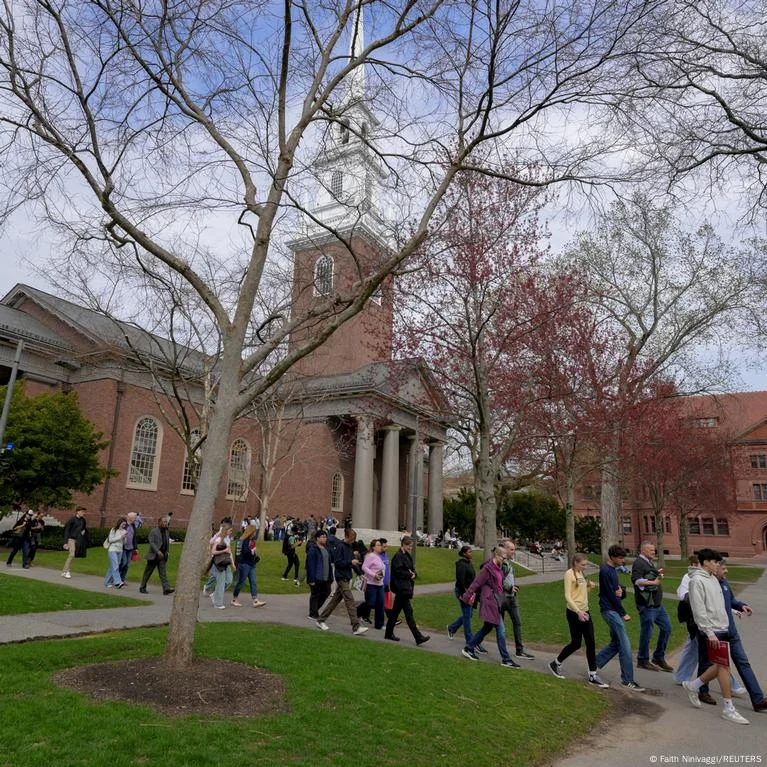
What Happens When Student Visas Disappear? Inside the Trump Administration’s Controversial Actions
The U.S. higher education landscape is facing unprecedented turmoil as a wave of visa revocations has left many international students in a state of uncertainty. Since Donald Trump resumed the presidency on January 20, 2025, nearly 1,500 students have experienced visa cancellations, prompting significant legal challenges and protests on campuses nationwide.
Among the affected are students who participated in pro-Palestine protests during the Gaza conflict in 2024, leading to accusations that these individuals were involved in spreading anti-Semitism and pro-Hamas sentiment. Such claims have been fiercely rebutted by students, advocates, and legal representatives alike, raising questions regarding the integrity and motivations behind these punitive measures.
In one notable case, a fourth-year student at the University of South Carolina, Matthew Ariwoola, saw his F-1 student status terminated without notice. Supported by the ACLU, Ariwoola argues that this abrupt declaration has brought him to the brink of deportation, threatening his academic future and the critical biomedical research he conducts. As the lawsuit unfolds, it brings to light troubling practices surrounding due process in immigration status decisions.
The scope of the revocations is staggering, reportedly impacting over 240 universities nationwide, including prestigious institutions like Harvard and Stanford. The reported numbers of affected students range from 1,000 to over 4,700, as different organizations and reports provide varying estimates, highlighting the chaos and confusion surrounding this issue.
Legal experts suggest that many students are navigating a complex landscape filled with fears of arrest and deportation. Mohamed Ali Syed, who leads an immigration practice group, emphasizes that students should seek legal counsel to explore their rights and protections amid these sweeping changes.
For many students like Mahmoud Khalil, a recent Columbia University graduate arrested while advocating for pro-Palestinian causes, the situation is dire. Khalil has become a focal point of this ongoing narrative, with his case illustrating the intersection of international politics and immigration enforcement in an academic context. A similar sentiment resonates in the experience of Yunseo Chung, a Barnard College student, who was detained during a pro-Palestine protest, further showcasing how activism is being met with aggressive legal actions.
On campuses nationwide, students and faculty express fear and uncertainty about their futures. Many are deleting social media profiles to avoid potential backlash while simultaneously grappling with the implications of their educational choices. "It’s as if our roles as students are being weaponized against us, reducing our educational experiences to mere political statements," said an anonymous faculty member involved in activism.
As legal battles continue to unfold, universities are becoming more involved, providing essential resources to assist affected students. Despite this, a significant conversation remains about the broader implications of these policies on free speech and academic freedom in the U.S. education system.
What does the future hold for these students, their education, and the very fabric of academic freedom? As they navigate through these challenges, one thing is clear: the ripple effects of this crackdown extend far beyond individual lives, potentially endangering the atmosphere of open discourse that defines American higher education. How can universities and lawmakers ensure that the rights of international students are upheld and their contributions to the academic community valued?
Engage with us – what are your thoughts on the revocation of student visas and its implications? Please share your comments and perspectives below.